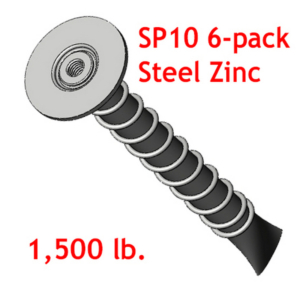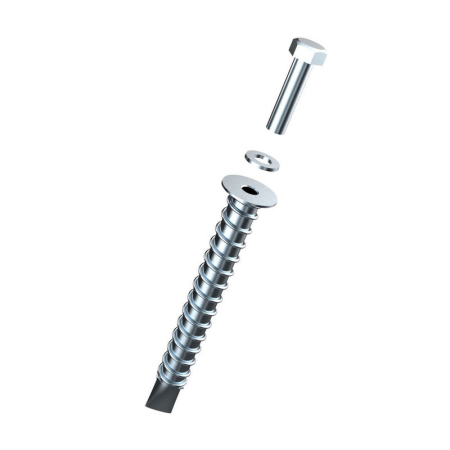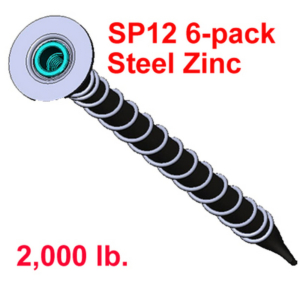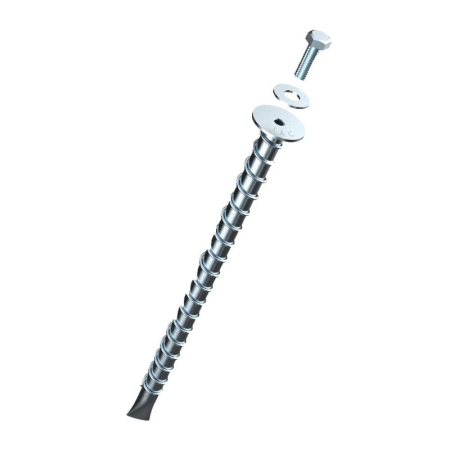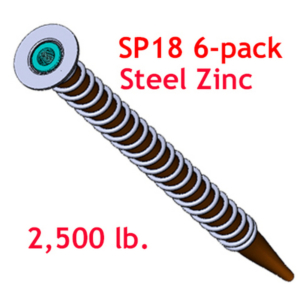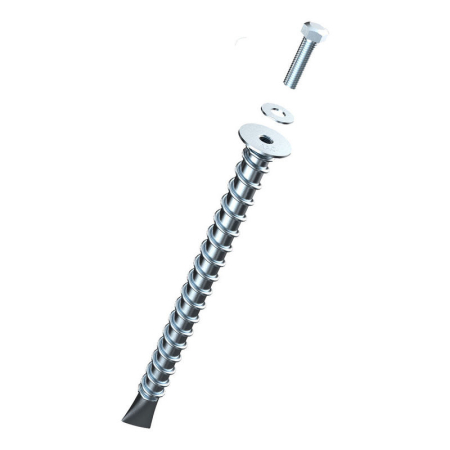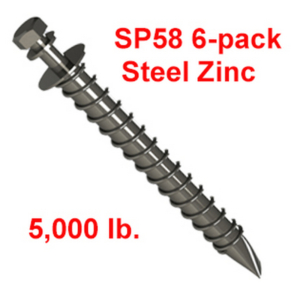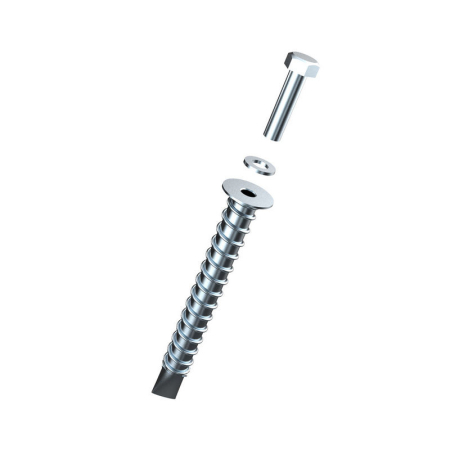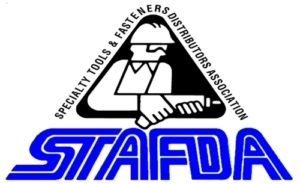COVID Testing and Vaccination Tent Structures
In response to the tremendous need for temporary medical structures, a number of different types of COVID testing and vaccination tent structures have quickly entered the market, and are already in great demand by overloaded hospitals. For instance, drive-through tents are ideal for conducting COVID testing on individuals who are simply lined up in cars and awaiting their opportunity to be tested.
Triage tents can be constructed and made semi-permanent, using stakes or concrete ballast to secure the tents in place, and these can have a wide variety of uses in COVID treatment. Temporary patient rooms can even be constructed, and these can be used to treat patients who have become infected and should be isolated from other non-infected patients. There are all kinds of COVID testing and vaccination tents available today, and the one you choose will depend on exactly what uses you have in mind for your tent.
Features
COVID testing and vaccination tents can be of immense value in providing an area for conducting urgent testing activities needed in the community. If your community is already administering vaccinations, these tents are also ideal for that kind of activity, because testing and vaccinating can be carried out in relative isolation, away from others. At the same time, good COVID structures are also relatively immune from the effects of rain and strong winds, so there won’t be any impact on your medical staff or on clients who are availing themselves of your services.
Securing your COVID testing and vaccination tent structures
If your COVID testing and vaccination tent structures is being secured to a lawn, stakes are generally used to secure it from being blown away. On an asphalt surface such as a parking lot, you should probably use Asphalt Anchors from MJC Sales & Marketing, since these do the job nicely and will not harm the asphalt. A little extra care must be taken on windy days to make sure the COVID testing and vaccination tent is quite secure, and so that no one would be harmed in the event of a structure being blown away.
Benefits
In terms of the benefits provided by COVID testing and vaccination tents, you’ll have a safe area to conduct these activities away from any concentration of other patients. In effect, it will also expand your available working area by a huge factor, since the outdoor space where tents are situated would not previously have been used for medical purposes. With conditions rapidly becoming overcrowded and in some cases critically so, it has become extremely important that all available space be used in testing and treating COVID patients, and others who may be infected.
Purpose and Uses
There are as many uses for COVID tent structures as there are hospital functions. However, when testing and vaccinating are your two primary functions, those would be the main uses for your COVID structures. Temporary structures like these are ideal for administering the swab tests and for vaccinating patients against the virus, because they don’t really require any special equipment or accessories.
Sizes
For the most part, it is not necessary to setup a large tent to conduct adequate testing or vaccinating. Since only one patient at a time can be handled anyway, it simply is not necessary to create a huge structure for the process. That’s why testing and vaccinating tents tend to be relatively modest in size, frequently setup as 10′ x 10′ structures, or possibly 20′ x 20′. Once the testing or vaccinating process has been completed, the patient will leave the area and the next patient would then enter the tent. This only requires a small structure, but it is still entirely adequate to serve the purpose.
Content for using Asphalt Anchors to hold down tents and canopy structures.
- Tent Spikes, Earth Augers and 55-gallon barrels of water are commonly used to anchor down Tent and Canopy structures. Tent spikes from 42” and longer are time consuming and have limited uplift resistance. Earth Augers also have limit uplift resistance and need special equipment to drive into the payment and dirt below.
- Asphalt Anchors provide uplift resistant values from 1,500 to 5,000 lbs. They install and are ready to use in 15 minutes.
- Instead of driving a 42” Tent Stake, Asphalt Anchors require a 7/8” to 1 1/2” diameter hole and a drill depth from 6” to 10” deep.
- The SP58 Asphalt Anchor provides 5,000 lbs in uplift resistance. That far exceeds the performance of tent stakes and earth augers.
- Asphalt anchors can be installed flush with the surface of the asphalt. This is a great feature for temporary tent or canopy that will be taken down and reinstalled in the future. The tent can be re-anchored in the original Asphalt Anchor. No need to drive a new set up tent spikes into the parking lot. When not in use, the anchor thread opening can be capped with a plastic plug which protects the Asphalt Anchor from the elements.
- Asphalt Anchors save time and money.
- They install in a fraction of the time.
- They provide superior uplift resistance compared to tent stakes and earth augers.
- No special installation equipment is needed
- Anchors are ready to use in 15 minutes
- Corrosion resistant finishes: Zinc Plated, Stainless Steel 304 & Dacromet
Customers also searched for asphalt anchors.

